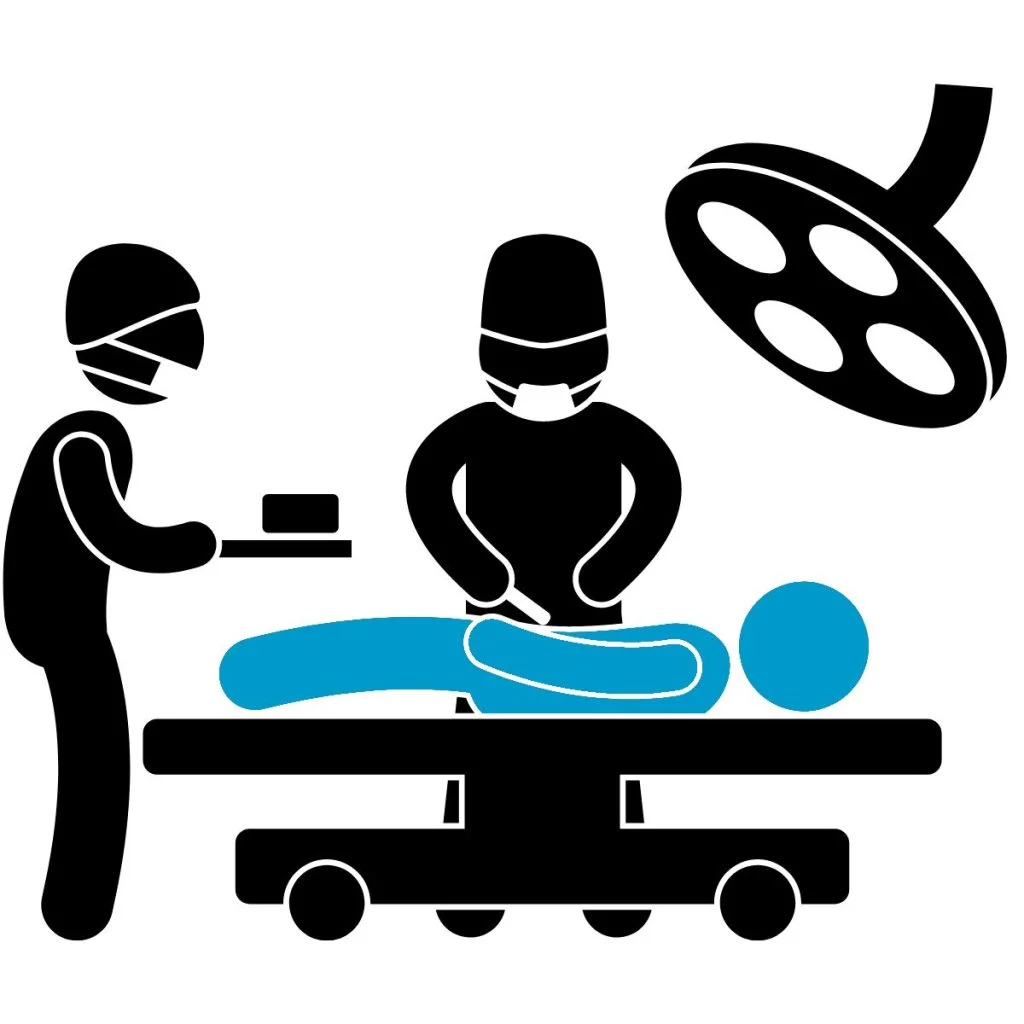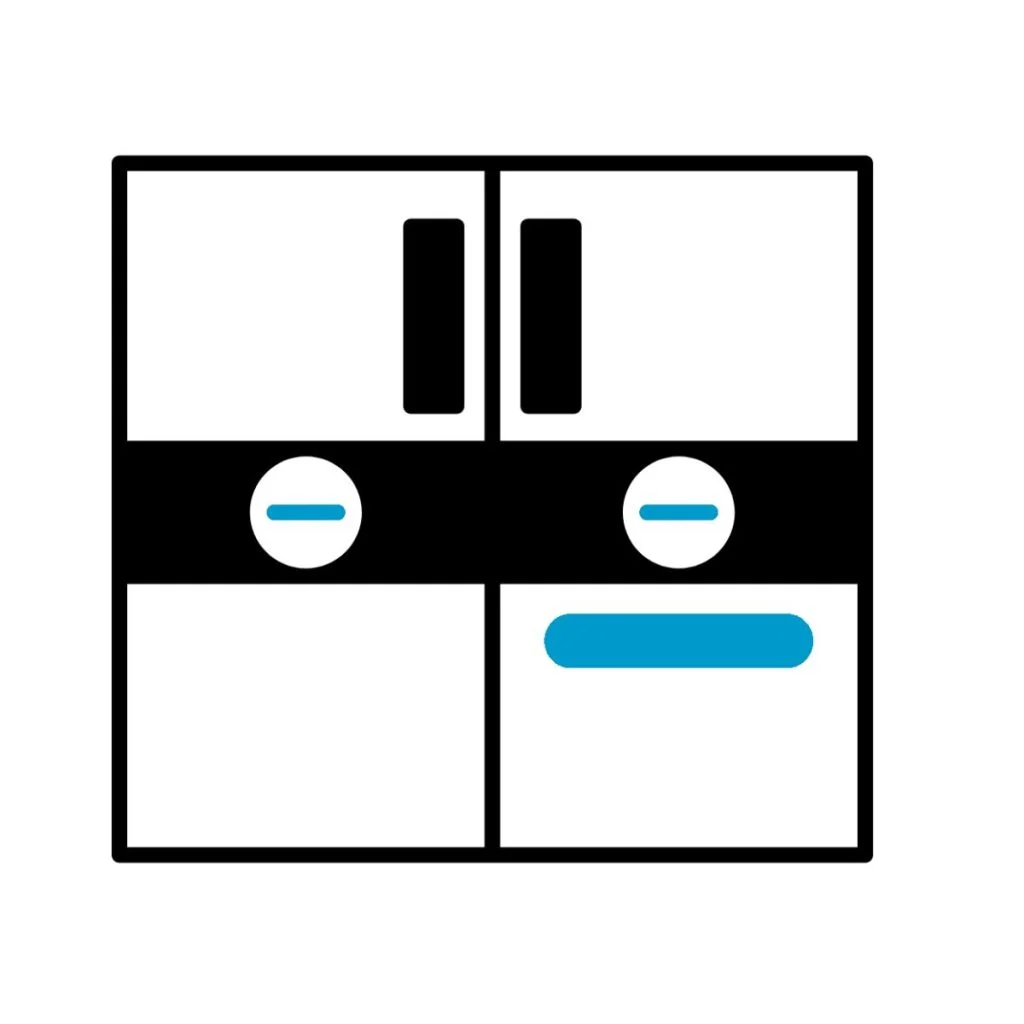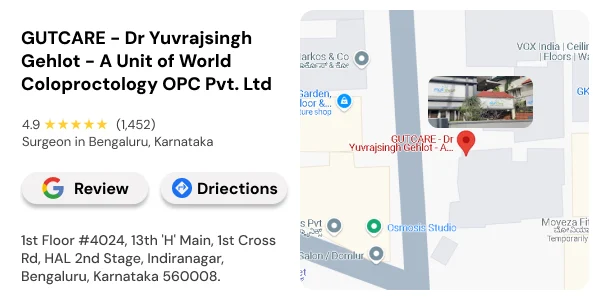Meet Our Doctor

Gutcare Clinics
One Stop Solution for Hernia Treatment
Noticing a bulge, pain, or discomfort in your abdomen or groin? It could be a hernia, which may worsen without proper treatment. At Gut Care, we provide advanced, minimally invasive hernia treatments for safe and effective recovery.
Don’t let a hernia affect your daily life—consult our experts today!
Doctors with International Experience
Advanced, Minimally Invasive Procedures
100% success rate
Trusted by Patients Worldwide
Safe & Long-Lasting Hernia Treatment

28+
Years of experience

18000+
Surgeries Done

100000+
Patients Treated

24x7
Emergency Facility
Customer Voices on
their Experience
Discover real stories of hope, healing, and recovery from our patients, sharing their personal journeys and experiences with us.

Symptoms of Hernia
Pain or discomfort in the affected area
Abnormal discharge, including pus, blood, or fluids
Swelling and redness around the fistula site
Fever indicating a possible infection present
Incontinence due to abnormal passage of stool/urine
Diarrhea or constipation related to digestive fistulas
Foul odor from discharge, especially in intestinal fistulas
Irritation or itching around the fistula opening
Frequent infections at the site of the fistula
Unexplained or persistent discomfort in the surrounding area

Treatments for Hernia
Our Hernia Specialists at Gut Care possess extensive surgical and medical experience in treating various types of hernias. We provide personalized treatment options based on the type and severity of the hernia, ensuring the most effective and minimally invasive solutions for our patients.
Laparoscopic Hernia Repair
Open Hernia Repair
Robotic-Assisted Hernia Repair
Tension-Free Mesh Repair
Inguinal Hernia Mesh Repair
Umbilical Hernia Repair
Hiatal Hernia Repair
Component Separation Technique
Endoscopic Hernia Repair
Hernia Plug Repair
Your questions answered
Common questions
What is a hernia?
A hernia occurs when an organ or tissue pushes through a weak spot in the surrounding muscle or connective tissue. Common types include inguinal, umbilical, and hiatal hernias.
What are the common symptoms of a hernia?
Symptoms can include a visible bulge, pain or discomfort, especially when lifting or straining, and a feeling of weakness or heaviness in the affected area.
How is a hernia diagnosed?
Diagnosis typically involves a physical examination, and may include imaging studies such as ultrasound, CT scan, or MRI. Dr. Yuvaraj Gehlot will assess your condition to determine the appropriate diagnostic approach.
What are the treatment options for a hernia?
Treatment options include laparoscopic hernia repair, open hernia repair, robotic-assisted hernia repair, and tension-free mesh repair. Your specific treatment plan will be tailored to your type and severity of hernia.
Is hernia surgery painful?
While some discomfort is normal post-surgery, our procedures are designed to minimize pain. Pain management strategies are provided to ensure a comfortable recovery. Dr. Yuvaraj Gehlot and our team will work to make your experience as smooth as possible.
How long does it take to recover from hernia surgery?
Recovery times can vary based on the type of surgery and individual factors. Many patients are able to return to normal activities within a few days to a week.
Are there any risks or complications associated with hernia surgery?
Potential risks include infection, bleeding, and recurrence of the hernia. Our team takes every precaution to minimize these risks and ensure a successful outcome.
Can a hernia be prevented?
While not all hernias can be prevented, maintaining a healthy weight, avoiding heavy lifting, and strengthening abdominal muscles can reduce the risk. Dr. Yuvaraj Gehlot can provide personalized advice based on your condition.
Will the hernia come back after treatment?
The risk of recurrence depends on the type of hernia and the treatment used. We provide comprehensive follow-up care to monitor your recovery and address any concerns that may arise.
How can I schedule an appointment for hernia treatment?
To schedule an appointment, please contact Gut Care Hospitals through our website, phone, or email. Our team will assist you in setting up a consultation with Dr. Yuvaraj Gehlot or another specialist.

